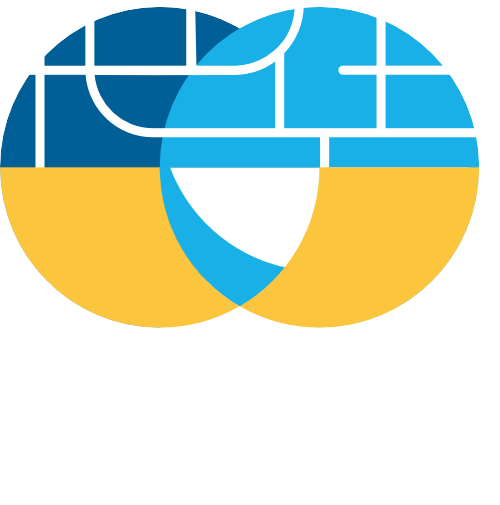What is STEM?
It means Science, Technology, Engineering and Mathematics and refers to the set of subjects connected together that construct the modern world. Each has a specific form of knowledge and set of skills but these can overlap and transfer across all the subjects to enhance understanding and problem solving.
Why a STEM programme?
The focus on innovative ideas, risk-taking and effective leadership comes from expertise being connected. Bringing together knowledge from different subjects, topics and fields of expertise offers the possibility of new ways of looking at a problem and new methods of solution. Thinking about and trying solutions in different ways to the established paths is innovation. STEM teaches students to bring together many different subjects, skills and problem-solving strategies to provide innovative solutions in social, scientific and technological situations. This is the purpose and value of the STEM programme.
What is STEM learning?
STEM education offers several paths to innovative thinking. The core Middle School and Foundation Programme (High School) courses present several projects basedaround a particular practical problem or technology, such as robotics, computer programming, electric vehicles, biochemical molecule design orocean data. Students work on understanding the problem and knowledge involved then design and construct possible solutions. The projects require collaboration and group work with students specializing in different areas.
These projects act as examples that give students confidence to explore and research further. There are paths for individual and group research projects that can lead to theoretical or technological results.
The International Baccalaureate Diploma Programme (IBDP) requires core learning skills of thinking, research, communication, social and self-management. STEM trains students to develop and enhance these skills. It also provides a series of options and possibilities to engage in research and explore interest in topics which can become part of the IBDP study programme. This is the path of extended essay topics, Creative Activity Service (CAS) projects, Scientific group projects and Internal Assessments which form essential parts of the IBDP qualification.
STEM is a matrix approach to problem solving with technologies and social puzzles at the core of the matrix. Understanding how the whole process of design fits together leads to the ability to reshape and innovate.
The STEM project-based learning course includes projects on designing rollercoasters, building drones, batteries and energy conservation, mathematics at its limit and oceanography. There are STEM related projects developed in Economics (the Sustainable City project), Psychology (Emotional Well-being data project) and Mathematics courses. The third is the individual and group student research projects which are conducted in extra-curricular time with the topics decided by the students.
The STEM course is a platform for students to start exploring interesting areas and offers models for research, design and engineering methods. This can help students to advance their own research projects.


